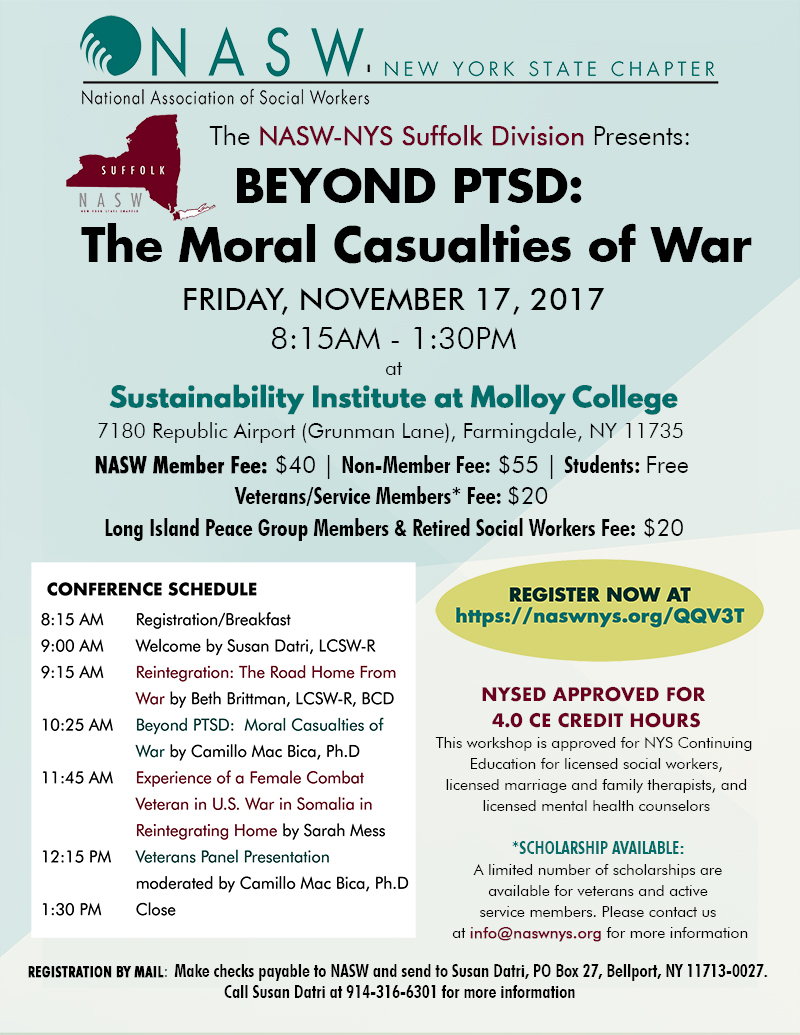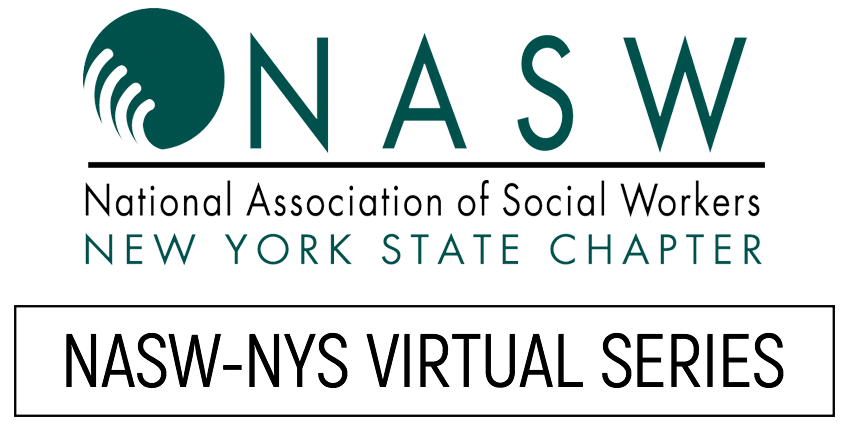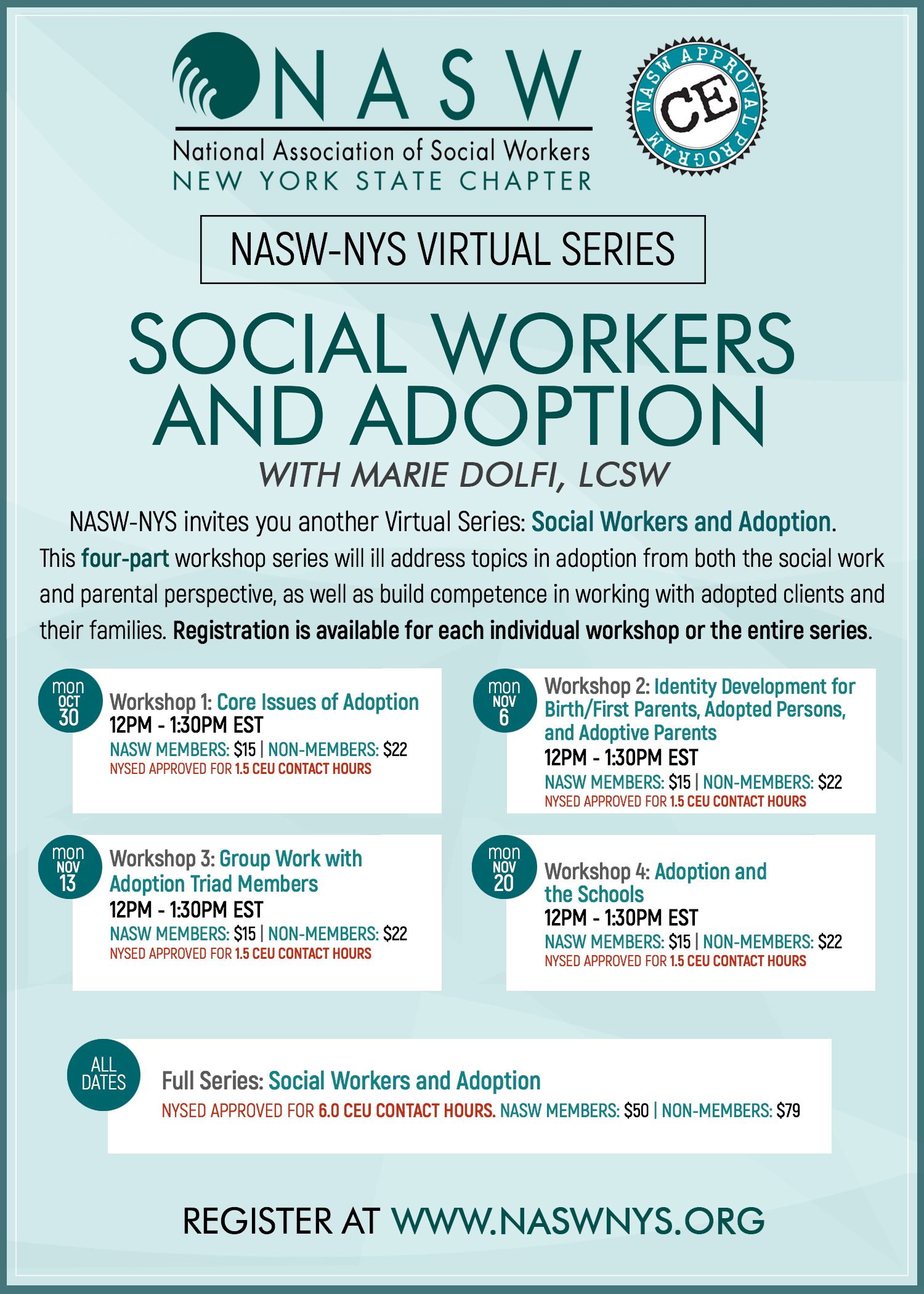Borrowers Encouraged To Review Public Service Loan Forgiveness Program Eligibility Requirements
A.G. Urges New Yorkers Who Believe They Have Been Wrongfully Denied Loan Forgiveness To Contact His Office
NEW YORK—Attorney General Eric T. Schneiderman today issued guidance for federal student loan borrowers, who seek to qualify for forgiveness under the Public Service Loan Forgiveness Program (“PSLF”) beginning on the program’s 10th anniversary next month. The bi-partisan program, enacted by Congress in 2007, was designed to encourage individuals to pursue public sector jobs by easing the burden of their federal student debt—forgiving student loans for people who work for the government and certain public interest organizations.
“My office is committed to ensuring that the Department of Education keeps its promise to every graduate who entered public service,” said Attorney General Schneiderman. “Whether a borrower served in the military, at a government agency, at a non-profit, or any other eligible organization, we want to make sure their hard work and financial sacrifice is properly rewarded. Any New Yorker who thinks they’ve been wrongly denied federal loan forgiveness should contact my office right away.”
Federal student loan borrowers should review the PSLF eligibility requirements before submitting an application for forgiveness. Borrowers who believe they have been wrongfully denied loan forgiveness or have concerns about their student loan servicer’s conduct can file complaints by visiting the Office’s website or calling 1-800-771-7755.
“Too many social work students and graduates struggle with high student debt to salary ratios and that needs to change,” said Ron Bunce, LMSW, Interim Executive Director of the National Association of Social Workers – New York State Chapter (NASW-NYS). “The Public Service Loan Forgiveness program has helped make public service a more attainable career option by allowing social workers to manage their student loan debt as they dedicate their careers to serving others. This is an effective incentive to encourage trained and educated individuals to accept and retain social work jobs in the critical human service areas.”
Bret Parker, Executive Director of the New York City Bar Association, said, “Public service and legal services lawyers are at the forefront of ensuring access to justice for low-income New Yorkers. We are thankful for their service to the public and the profession and we urge them to take advantage of the Attorney General’s informational materials and guidance as they now seek forgiveness of their remaining student loan debt under this program.”
“As a teacher shortage looms, loan forgiveness is a commonsense and welcome strategy for making public service more affordable for the next generation,” said NYSUT President Andy Pallotta.
Who is Eligible for PSLF?
Borrowers with federal Direct Loans who work for the government or certain public interest organizations may have the remaining balance on their loans forgiven after making 120 on-time qualifying payments. There are three parts of the eligibility test for PSLF. You must meet all three criteria at the time of each payment:
- You must be employed full-time by an eligible public service employer;
- You must have an un-defaulted Direct federal loan; and
- You must be enrolled in a qualifying loan repayment plan.
If you think you may be eligible for PSLF, we encourage you to submit an Employer Certification for Public Service Loan Forgiveness Form to the Department of Education annually to receive information concerning your eligibility. While the government’s response to your Employer Certification for Public Service Loan Forgiveness Form is not a final determination of your eligibility, it may help you identify problems that you are currently unaware of. Read the response you receive carefully, making sure that it includes all of your federal loans.
Who is a public service employer for purposes of PSLF?
Under the PSLF program, public service employers include:
- Government organizations, including any federal, state, local, or tribal organization or agency and the armed forces;
- Not-for-profit organizations with 501(c)(3) tax-exempt status; and
- Private not-for-profit organizations that are not 501(c)(3) organizations but provide certain types of public service as their primary purpose.
How can I find out if my employer is an eligible public service employer?
You can submit an Employer Certification for Public Service Loan Forgiveness Form to the Department of Education to find out whether your employer qualifies as a public service employer for purposes of PSLF.
Note that the Department of Education and FedLoans Servicing, the servicer that handles PSLF eligibility determinations, have, in a few cases, reversed eligibility determinations and found that certain non-501(c)(3) organizations that were previously characterized as eligible public service employers are no longer considered eligible public service employers. If you are employed by a not-for-profit that is not a 501(c)(3), we recommend that you submit an Employer Certification Form to confirm that your employer is a public service employer for PSLF purposes, even if you submitted one earlier.
What type of loan do I have to have to be eligible for PSLF?
Only loans received under the William D. Ford Federal Direct Loan Program (Direct Loans) are eligible for forgiveness under PSLF. Direct loans include Direct Subsidized Loans, Direct Unsubsidized Loans, Direct PLUS Loans, and Direct Consolidation Loans.
If you borrowed before July 1, 2010, some or all of your loans may have been made under a program called the Federal Family Education Loan (FFEL) Program. FFEL loans do not qualify for PSLF, but they may become eligible if you consolidate them into a Direct Consolidation Loan. FFEL loans include Federal Stafford Loans, Perkins Loans, Federal PLUS Loans, and some Federal Consolidation Loans.
Note that student borrowers cannot receive PSLF loan forgiveness for Parent PLUS Loans. However, parents that are working in the public sector that have Direct PLUS Loans may qualify for PSLF loan forgiveness based on their own employment.
What can I do if I have a FFEL Loan instead of a Direct Loan?
If you have a FFEL rather than a Direct federal loan, you can consolidate your FFEL loan(s) into a Direct Consolidation Loan. If other PSLF eligibility requirements are met, your subsequent loan payments will count as qualifying PSLF payments. Payments made earlier will not count, so it is important that you act promptly to maximize the number of qualifying payments you make. Contact your loan servicer for information on how to consolidate your FFEL loan into a Direct Loan.
If you have both Direct Loans and FFEL loans, keep in mind that if you consolidate your existing Direct Loans with the FFEL loans, you will lose credit for any qualifying PSLF payments you made on your Direct Loans before they were consolidated. To avoid this problem, leave your existing Direct Loans out of the consolidation and consolidate only your FFEL loans.
What if I don’t know what kind of loans I have?
You can find out what type of loans you have by logging into StudentAid.gov/login or by contacting your loan servicer.
What repayment plan should I choose to ensure that my payments are PSLF qualifying payments?
To qualify for forgiveness, you must make 120 separate monthly payments on the Direct Loans for which you are requesting forgiveness while enrolled in one of the following repayment plans:
- Revised Pay As You Earn Repayment Plan (REPAYE Plan)
- Pay As You Earn Repayment Plan (PAYE Plan)
- Income-Based Repayment Plan (IBR Plan)
- Income-Continent Repayment Plan (ICR Plan)
- 10-year Standard Repayment Plan
- Other Direct Loan repayment plans where payments are at least equal to the monthly payment amount that would have been required under the 10-year Standard Repayment Plan may be counted toward the required 120 payments.
It is important to note that the PSLF Program provides for forgiveness of the remaining balance of your eligible loans after you have made 120 qualifying payments on those loans. If you make payments under the 10-year Standard Repayment Plan, you will not have any remaining balance after making 120 payments and therefore nothing will be forgiven. Likewise, if you enroll in a plan in which you are paying an amount equal to the monthly payment amount that would have been required under the 10-year Standard Plan, you will not have any remaining balance after making 120 payments.
Loans on Graduated or Extended repayment plans are not eligible, although changing the repayment plan to one of the ones listed above may make them eligible. To change repayment plans, contact your loan servicer.
What if I don’t know what repayment plan(s) I’m on?
You can find out what repayment plan(s) you’re on by logging into StudentAid.gov/login or by contacting your loan servicer.
What if I don’t know who my servicer is?
If you don’t know who your servicer is, visit StudentAid.gov/login.
For more information on PSLF, contact the Department of Education, the National Consumer Law Center or your servicer.




